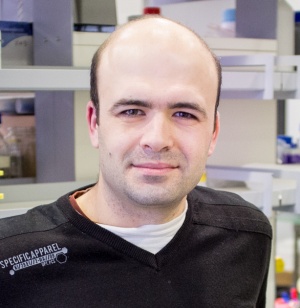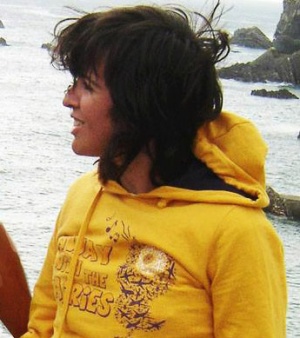Santos, J., Matos, M., Flatt T. & Chelo., I. (2023) Microbes are potential key players in the evolution of aging in Caenorhabditis elegans.
Ecology and Evolution,
13, e10537. DOI:10.1002/ece3.10537 (IF2022 2,6; Q2 Ecology)
Microbes can have profound effects on host fitness and health and the appearance of late-onset diseases. Host–microbe interactions thus represent a major environmental context for healthy aging of the host and might also mediate trade-offs between life-history traits in the evolution of host senescence. Here, we have used the nematode Caenorhabditis elegans to study how host–microbe interactions may modulate the evolution of life histories and aging. We first characterized the effects of two non-pathogenic and one pathogenic Escherichia coli strains, together with the pathogenic Serratia marcescens DB11 strain, on population growth rates and survival of C. elegans from five different genetic backgrounds. We then focused on an outbred C. elegans population, to understand if microbe-specific effects on the reproductive schedule and in traits such as developmental rate and survival were also expressed in the presence of males and standing genetic variation, which could be relevant for the evolution of C. elegans and other nematode species in nature. Our results show that host–microbe interactions have a substantial host-genotype-dependent impact on the reproductive aging and survival of the nematode host. Although both pathogenic bacteria reduced host survival in comparison with benign strains, they differed in how they affected other host traits. Host fertility and population growth rate were affected by S. marcescens DB11 only during early adulthood, whereas this occurred at later ages with the pathogenic E. coli IAI1. In both cases, these effects were largely dependent on the host genotypes. Given such microbe-specific genotypic differences in host life history, we predict that the evolution of reproductive schedules and senescence might be critically contingent on host–microbe interactions in nature.



